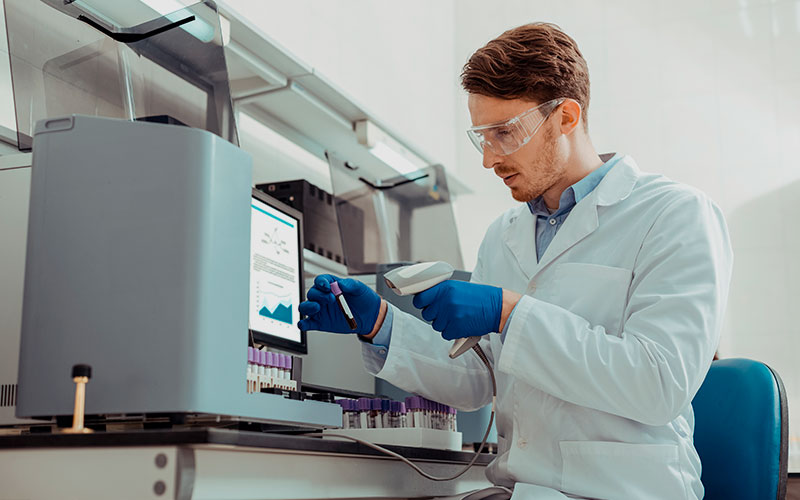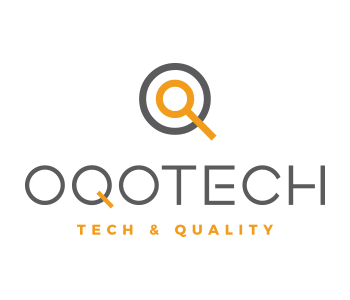
Documentation and data integrity management in laboratories
An important number of observations and warning letters to quality laboratories from regulatory entities are related to problems in the management of documentation and data integrity. These can be avoided by following good practices.


Documentation management and data integrity, in quality laboratories of highly regulated industries, are in the focus of the entities in charge of supervision and control in Europe. The number of deviations and observations on data integrity and documentation that appear in the reviews of non-compliance reports has been important in recent years.
Such is the importance of the subject, that since 2015 the regulatory authorities have published documents and drafts related to the management of documentation and data integrity. During 2018, many of those drafts were accepted and some documents updated.
Correct management of documentation is a vital factor in guaranteeing a high level of safety and health protection in medical devices, as well as for the safety of subjects participating in clinical investigations.
Starting from there, today we offer a series of indications to help ensure that the management of documentation and data integrity is not problematic.
Good practices of documentation management and data integrity
Documentation
Reliability in a quality control laboratory is intimately related to its document management practices. And it is because of the information and evidence of the quality of a product is in the quality control documents.
Some of the good practices for document management require compliance with the following requirements:
- Count wit SOP (Standard Operating Procedure) that promote good practices
- Record the activities and laboratory incidents at the same time they occur, stating how they happened.
- Maintain logbooks or audit trails for all the equipment and analytical instruments. The entries should appear in chronological order.
- Register all the OOS (Out Of Specifications) and OOT(Out Of Tendencies), as soon as they are submitted, to facilitate further investigation before the evidence is lost.
- All documents must contain the signatures of the performer and reviewer, together with the date and time.
- All the blank forms, SOPs, and guidelines must contain a preprinted number and a unique version number.
- All blank forms, SOPs, STP (Standard Test Procedures) and policies, guidelines or standards must have a review history that allows you to consult and understand the changes presented in time.
- Prohibit overwriting or correct information that has already been captured in documents with white markers.
- Use only controlled and approved documents.
- Manage any modification or revision of the document, through the change control system.
- Have SOP for the review of analytical documents. In it, how the documents will be reviewed in the quality laboratory should be described.
- Ensure that all the obsolete documents are destroyed and establish a permanent system to review that activity
- Guarantee and adequate mechanism to control and ensure the distribution of key documentation before its effective date. All quality control personnel must be trained in the new documents, forms and procedures before implementation.
- Prohibit the use of paper for the temporary recording of details that will later be discarded.
- The entries of handwritten documents must be clear and easy to read. If an error occurs, it must be corrected with absolute clarity, entering the correct information along with acceptable justification, which must be signed and dated.
Data integrity
Data integrity is an aspect widely discussed in the sanitary products industry. Major industries organizations have received warnings from regulatory entities, due to data integration problems.
The solution is to define a strategy and apply the best protection to the integrity of the data in quality labs. It is therefore recommended to follow the instructions below:
- Have SOP to protect the integrity of the data, strategically aligned with the company´s data integration policy.
- Generate data only from properly calibrated instruments.
- Allow only analytical qualified chemists to perform tests.
- Register data only in approved forms and issued by the Quality Department.
- Electronic data must be accurate and contain metadata.
- All electronic data must be attributable, legible, permanent and a true copy of the originals.
- All electronic data must be generated from validated software.
- Enable the audit trail function in critical computer systems.
- Set access controls and do not use shared login accounts in any software.
- Assign administration rights of the computerized systems and the responsibility of the backup to the IT department.
- Disable the recycle garbage can on all computers in the quality control laboratory.
- Reset the data deletion option for all software. It should not be available to any quality control person.
- Restrict access to folders on computer hard drives.
- To record the justification for multiple processing of chromatographic data files.
- Put restrictions on manual integration of chromatographic peaks.
- As long as data is entered manually and entries are completely at the discretion of the individual, a review system based on a second competent person should be established.
- Validate all Excel spreadsheets.
These good practices of documentation management and data integrity allow to avoid warnings or sanctions from the regulatory entities. And, above all, an adequate documentation and data integrity management is guaranteed, which will be an indicator of the quality, commitment and transparency culture of the laboratory.
At Oqotech we are experts in data integrity and validation processes in highly regulated industries. Contact one of our consultants to help ensure data integrity in your organization.










 We are open from Monday to Thursday from 08:00 to 14:00h and from 15:00 to 17:30h and Friday from 08:00 to 14:00h. (Spanish time)
We are open from Monday to Thursday from 08:00 to 14:00h and from 15:00 to 17:30h and Friday from 08:00 to 14:00h. (Spanish time) Do you want to talk to us about a project we can advise you on?
Do you want to talk to us about a project we can advise you on? Do you have any doubts about a subject we can help you with?
Do you have any doubts about a subject we can help you with?